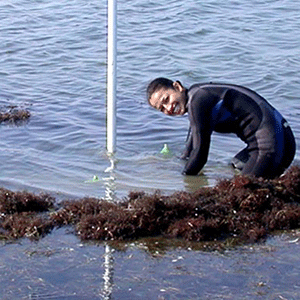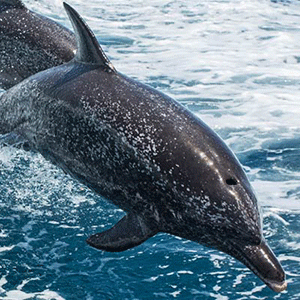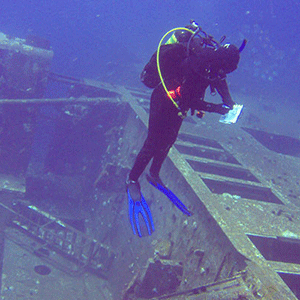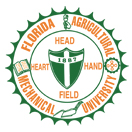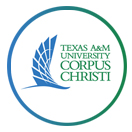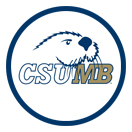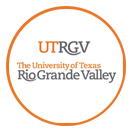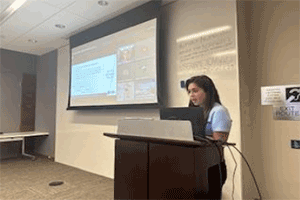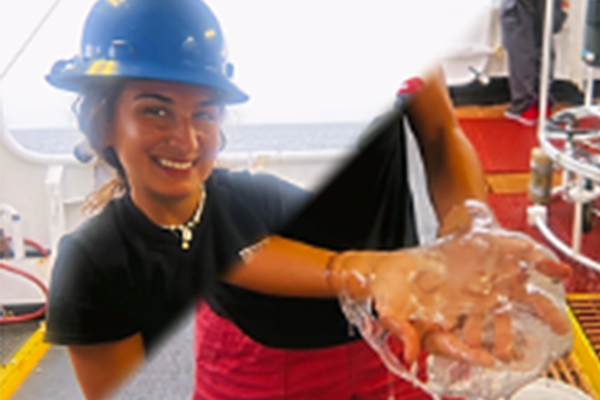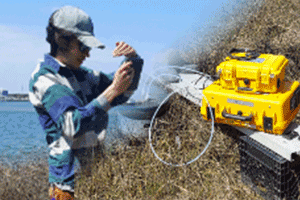The NOAA Center for Coastal and Marine Ecosystems (CCME) is a partnership led by Florida A&M University (FAMU) with the goal of making profound national impacts on coastal and marine ecosystems education, science, and policy. It is funded by a $30 million award over five years from the National Oceanic and Atmospheric Administration (NOAA) Educational Partnership Program (EPP).
The NOAA CCME has four primary and interrelated goals:
- Increase the number of scientists, particularly from under-represented minority groups in the environmental, coastal and oceanic sciences;
- Enhance the scientific understanding of human interactions with the coastal environment in support of NOAA’s place-based management;
- Improve the scientific basis for coastal resource management by developing tools and research products to characterize, evaluate, and forecast coastal and marine ecosystem responses to natural and human induced stressors;
- Facilitate community education and outreach relating to the function and significance of coastal ecosystems.
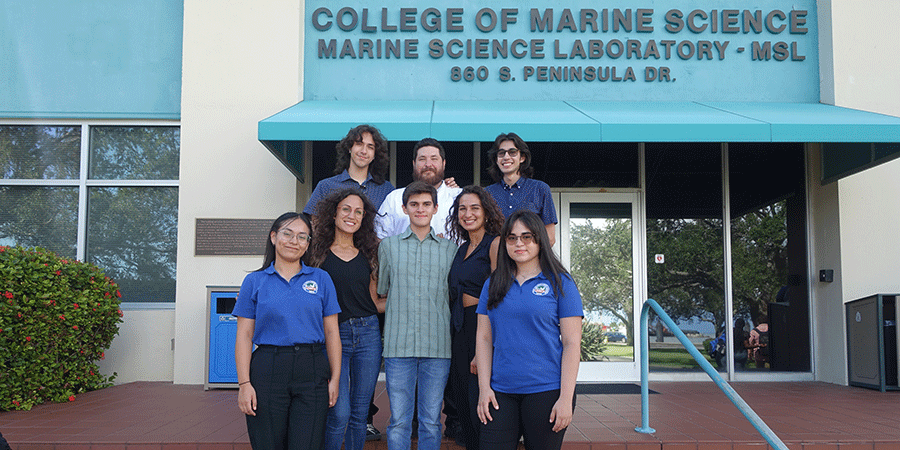
CCME RESEARCH
CCME research is conducted in support of NOAA's line office the National Ocean Service (NOS) and focuses on the following key NOS research priority areas:
CCME INSTITUTIONS
CCME institutions bring forth a wealth of relevant academic programs and faculty with extensive expertise in coastal and marine ecosystems. Additionally, CCME institutions have well-established records of educating students from underrepresented groups in NOAA-related science and policy, preparing graduates for productive careers and conducting high impact research.

